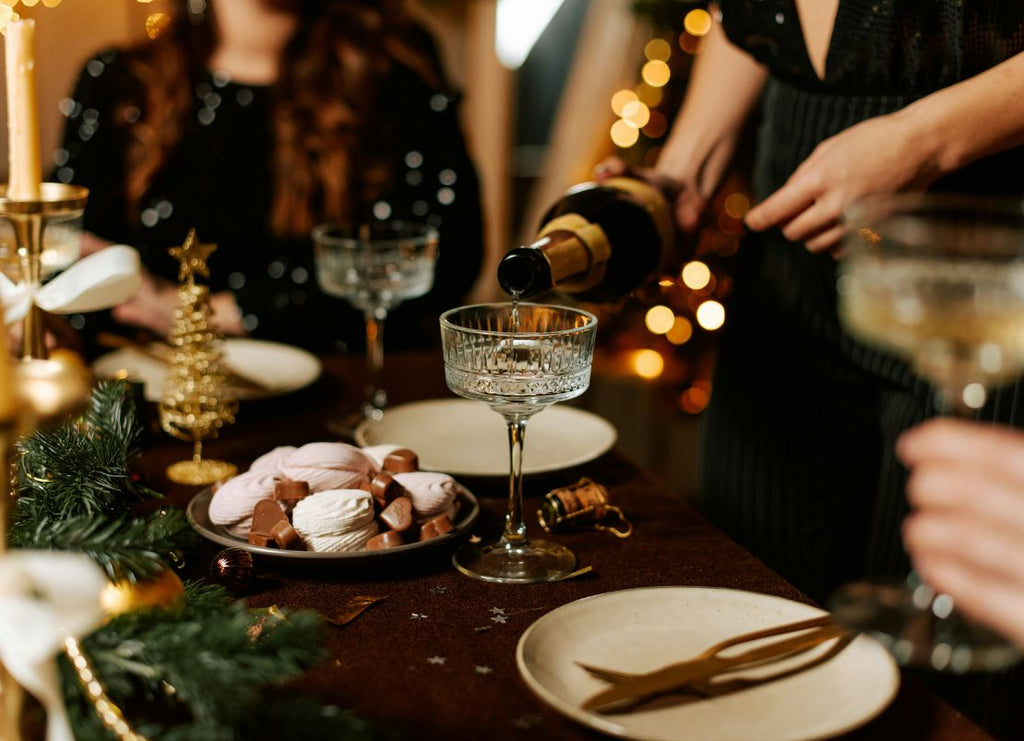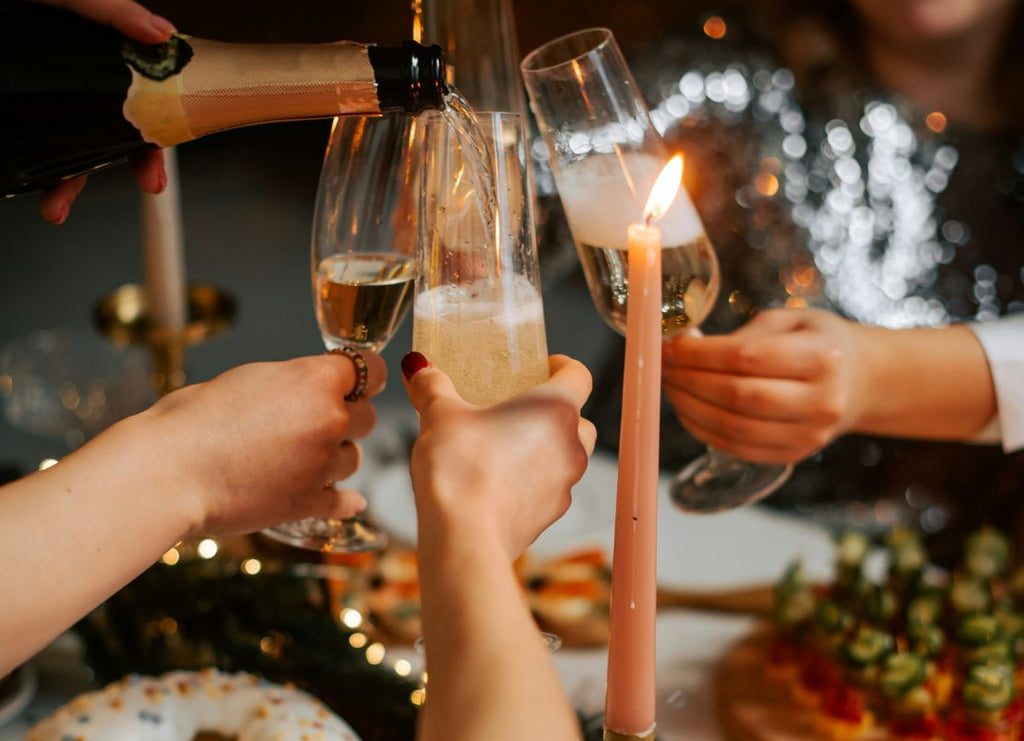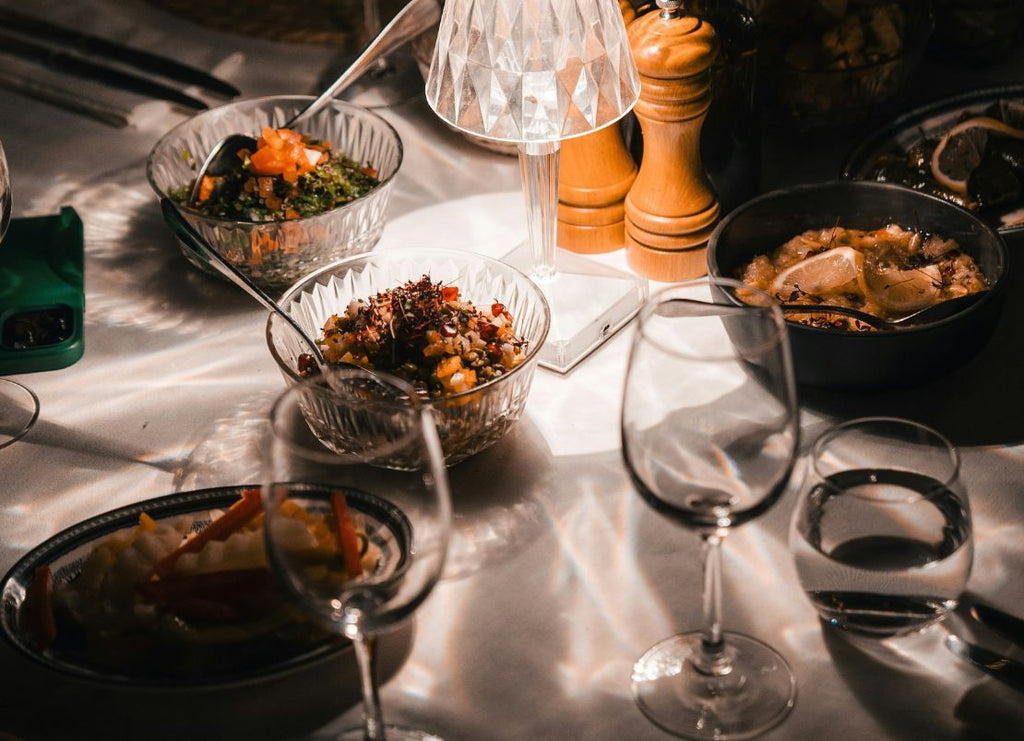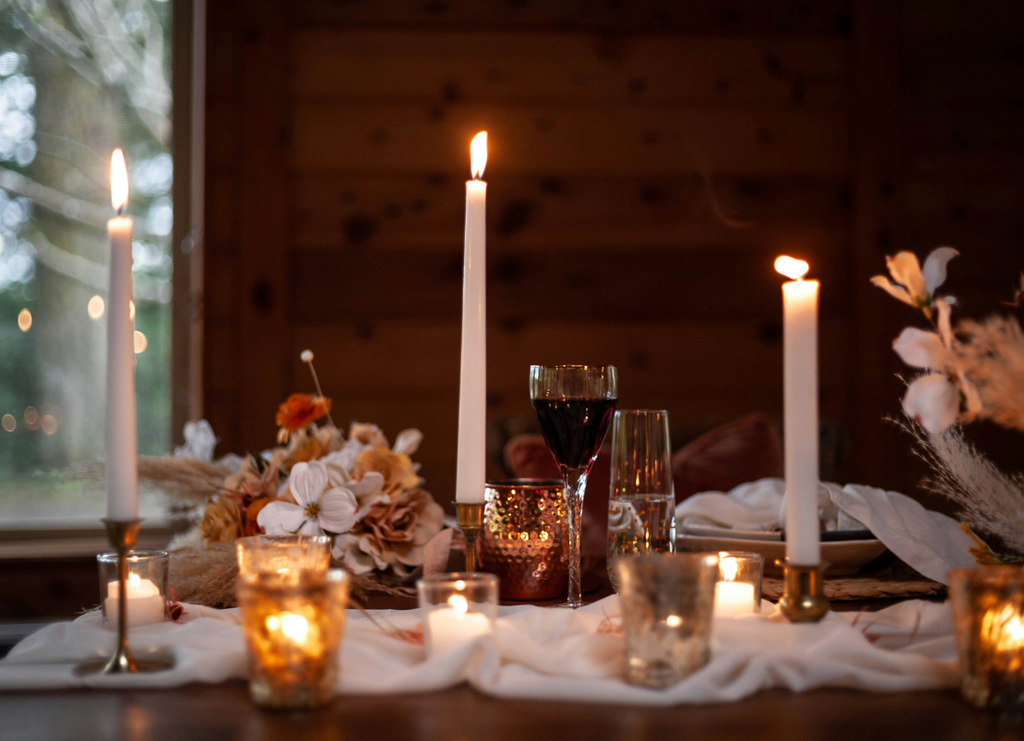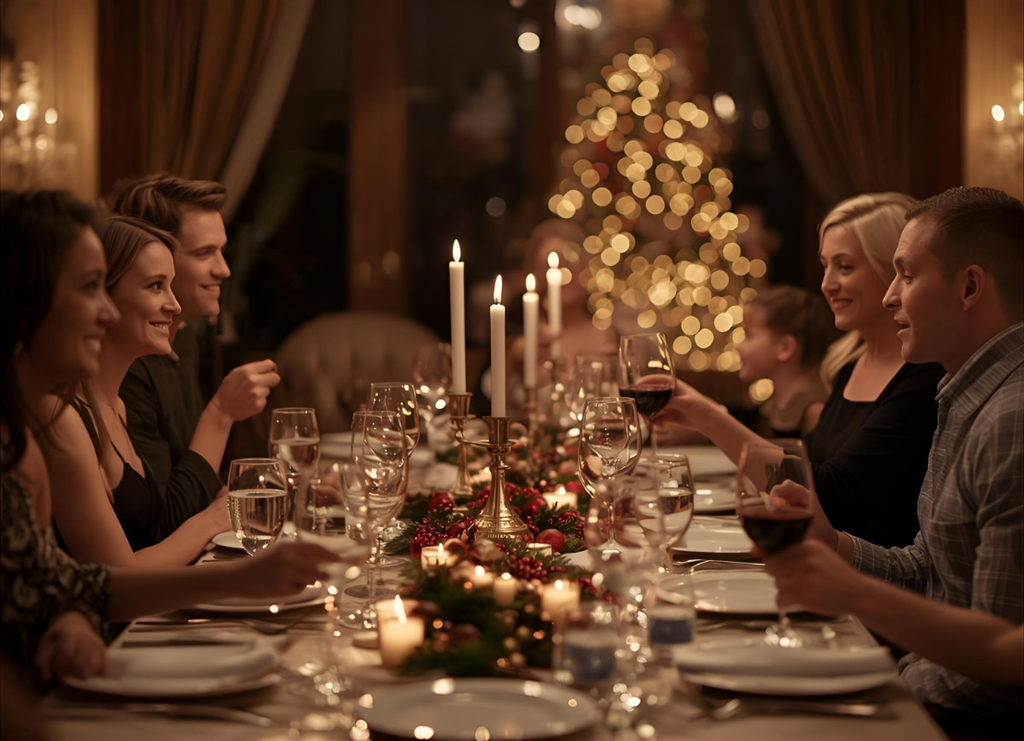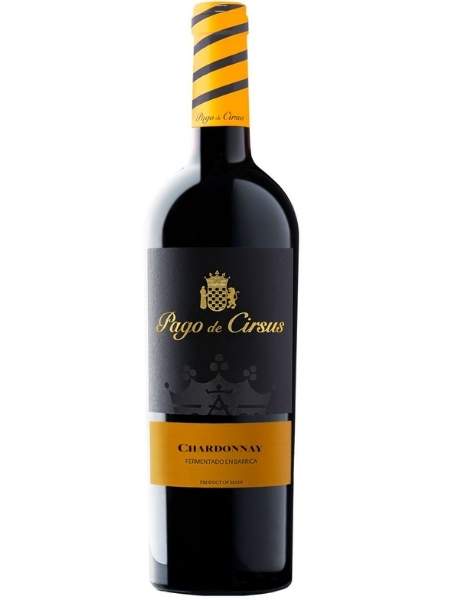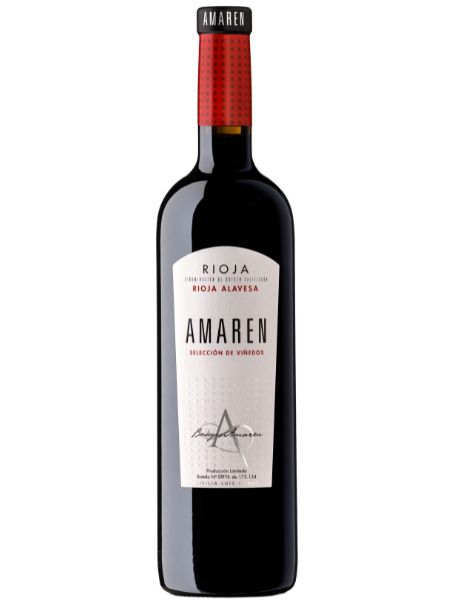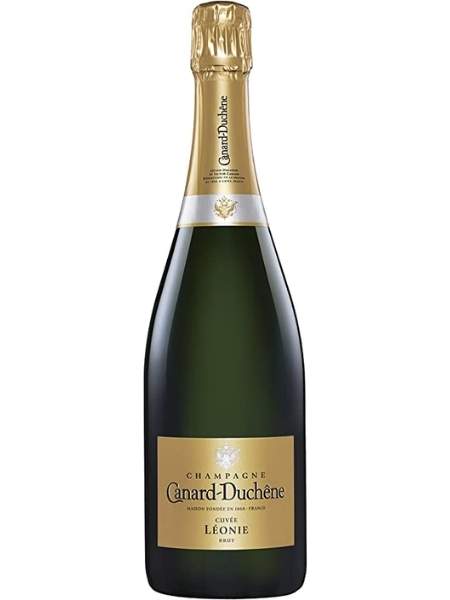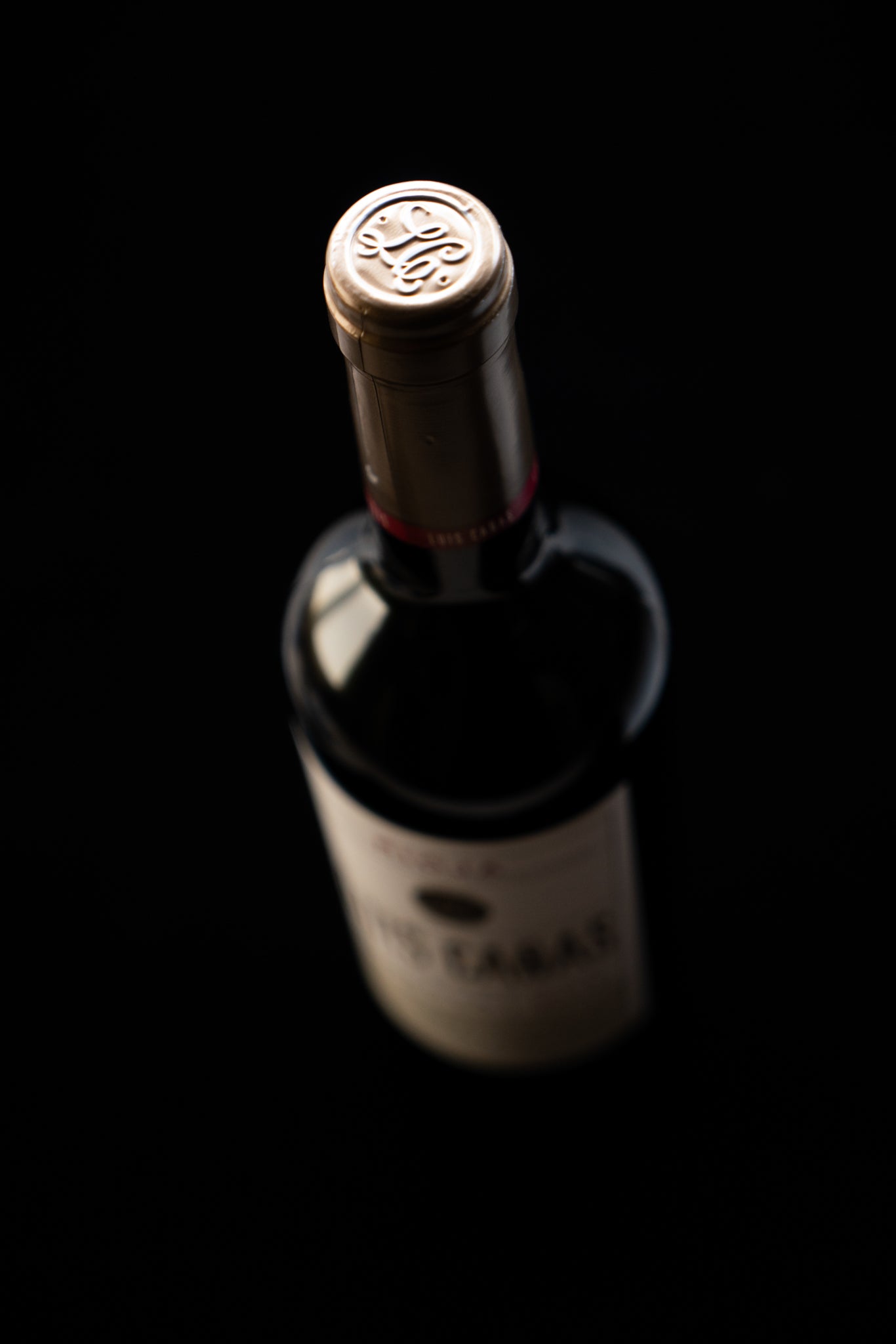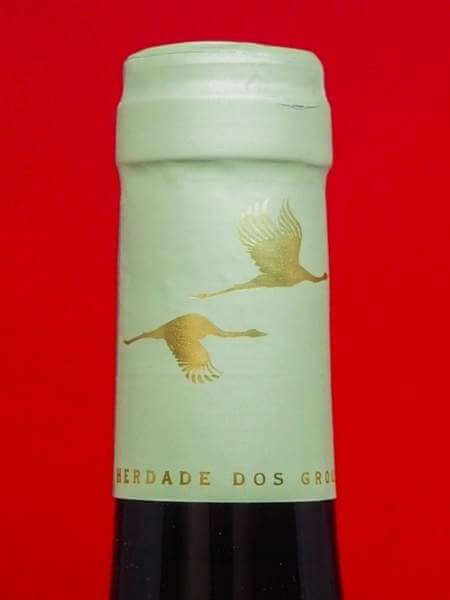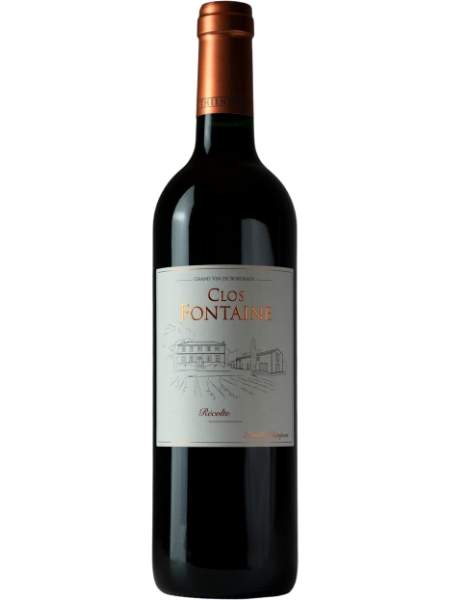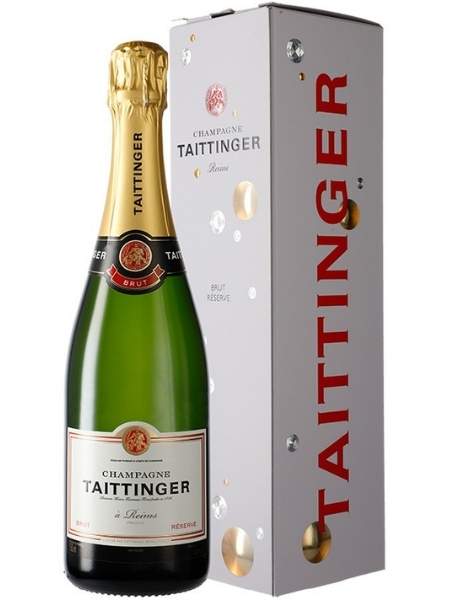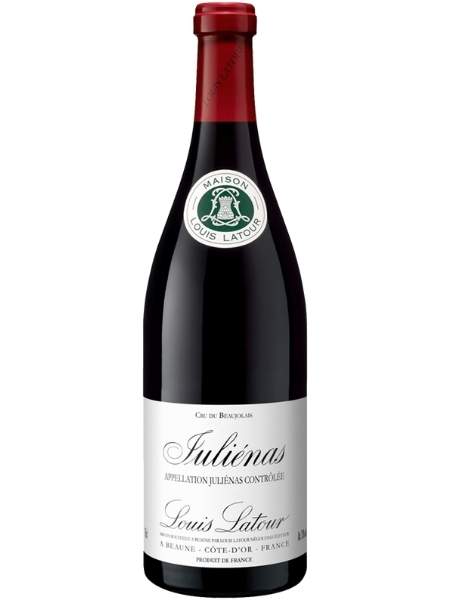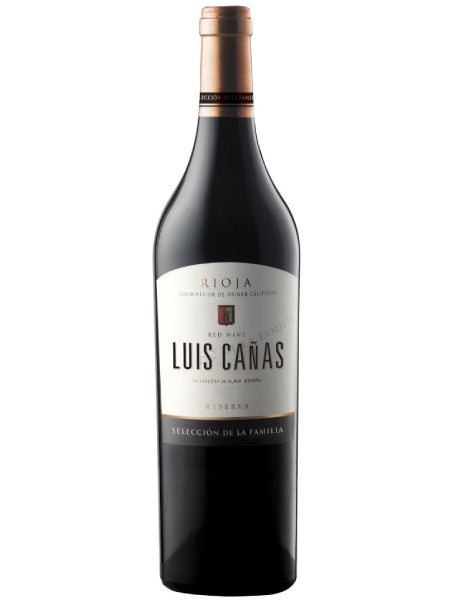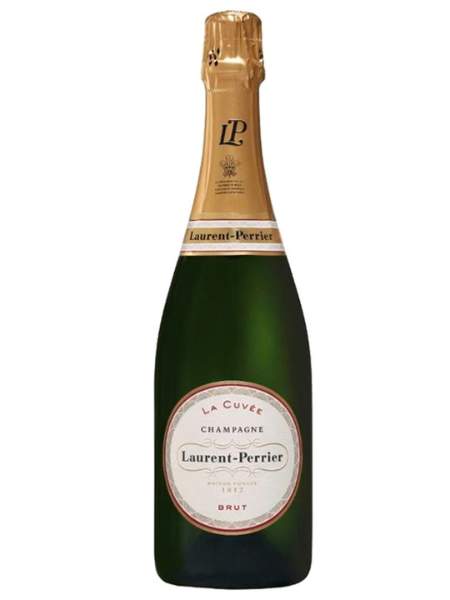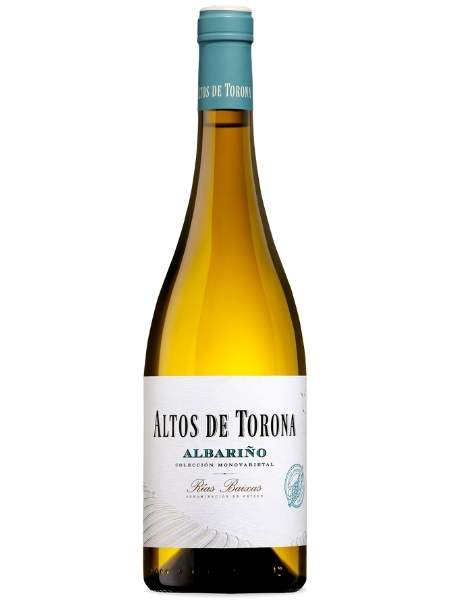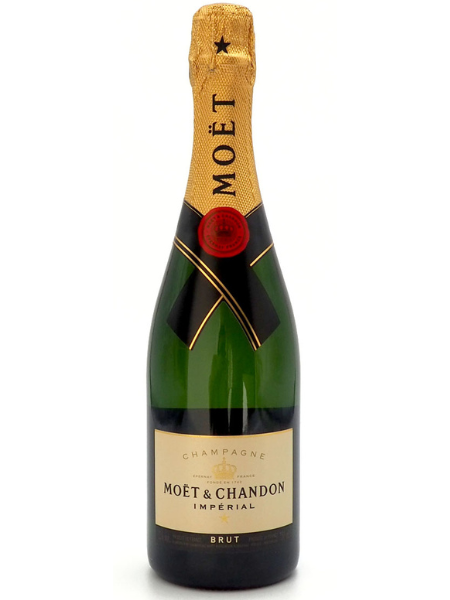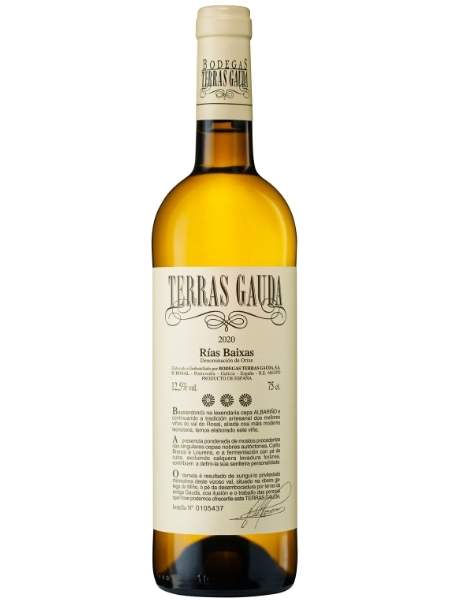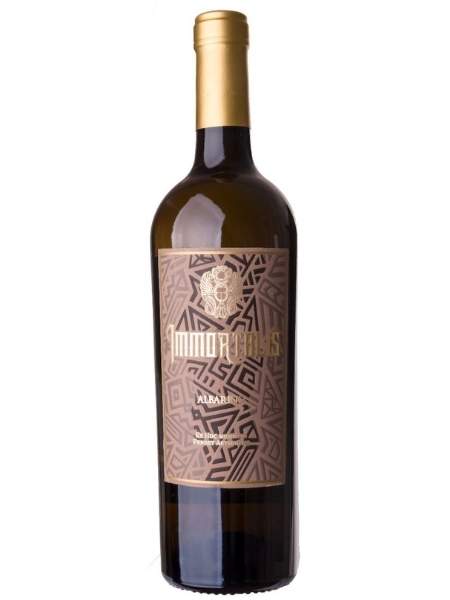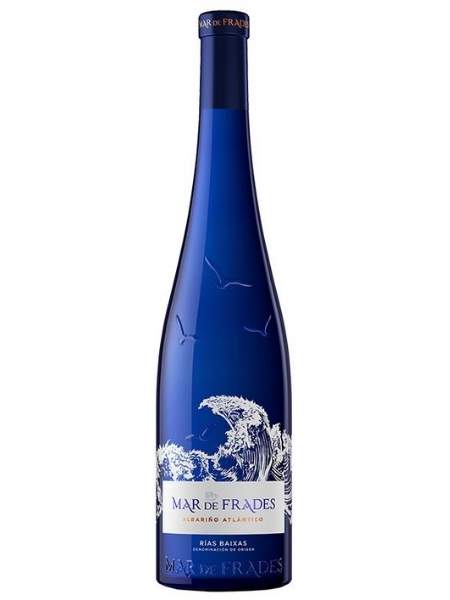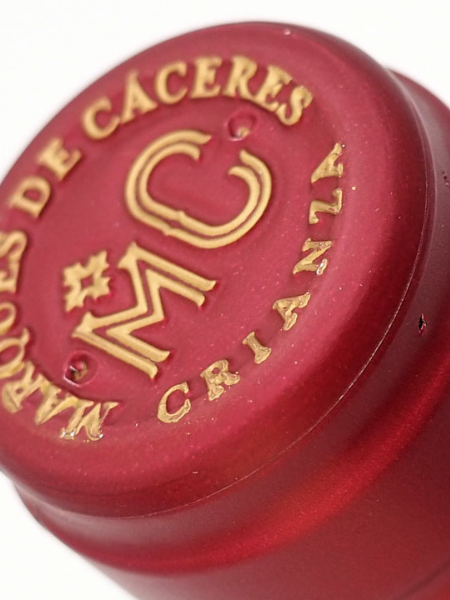
How to Store Wine Properly

Tips for storing wine
Proper wine storage is important to ensure that your wines are able to develop and age properly. Here are some tips for storing wine:
- Keep your wines in a cool, dark place: Wines should be stored at a consistent temperature, ideally between 7-18°C. They should also be kept out of direct sunlight, as exposure to light can cause the wine to fade and become oxidized.
- Avoid fluctuations in temperature: Large fluctuations in temperature can be harmful to wine, as they can cause the wine to expand and contract, which can affect the wine's flavor and aroma.
- Store your wines on their side: Wines should be stored on their side, as this keeps the cork moist and prevents it from drying out. If the cork dries out, it can shrink and allow air to enter the bottle, which can cause the wine to become oxidized.
- Use a wine rack or wine fridge: A wine rack or wine fridge can be a useful tool for storing your wines. A wine rack allows you to store your wines horizontally, while a wine fridge allows you to control the temperature and humidity of your wine storage environment.
- Drink your wines at the right time: Wines have a limited shelf life and will eventually go bad. It is important to drink your wines at the right time, as different wines have different optimal drinking windows. Consult a wine expert or reference guide to determine when your wines are ready to be enjoyed.
Common errors when storing wine
There are several common errors that people make when storing wine, which can result in the wine being damaged or becoming less enjoyable to drink. Here are a few examples:
- Storing wine at too high of a temperature: Wines should be stored at a consistent temperature, ideally between 7-18°C. If the wine is stored at a higher temperature, it can cause the wine to age too quickly and may result in the wine losing its flavor and aroma.
- Storing wine in direct sunlight: Wines should be kept out of direct sunlight, as exposure to light can cause the wine to fade and become oxidized. It is best to store wine in a cool, dark place to protect it from light damage.
- Storing wine in an area with large fluctuations in temperature: It is important to store wine in a place with consistent temperatures to avoid the wine from expanding and contracting, as they can have a detrimental effect on the flavour and aromas.
- Storing wine with the cork facing upwards: Wines should be stored on their side, as this keeps the cork moist and prevents it from drying out. If the cork dries out, it can shrink and allow air to enter the bottle, which can cause the wine to become oxidized.
- Storing wine for too long: It is important to drink wine when they are ready to be enjoyed. Only few bottles are suitable to be kept in the cellar for a long period of time.
Is it necessary to have a wine cellar?
Whether or not you need a wine cellar depends on several factors. If you're an avid wine collector or connoisseur, a wine cellar can be a great way to store your collection and ensure that your wines are being stored in the ideal conditions for aging and tasting.
A wine cellar allows you to control the temperature and humidity levels, which can be crucial for preserving the quality and flavor of the wine. Additionally, a wine cellar allows you to store your wine in a dark, vibration-free environment, which can prevent the wine from being disturbed and allow it to age gracefully.
However, if you don't have a large collection of wine or you don't plan on aging your wine for an extended period of time, a wine cellar may not be necessary. In this case, you could store your wine in a cool, dark place in your home, such as a basement or a closet.
It's also important to note that a wine cellar can be a significant investment, and the cost and space required to build or maintain one may not be feasible for everyone.
Ultimately, whether you need a wine cellar depends on your own personal preferences and the specific needs of your wine collection.
Characteristics of a wine cellar
A wine cellar should be designed to create the ideal conditions for storing and aging wine. Here are a few key factors to consider when setting up a wine cellar:
Temperature: The ideal temperature for storing wine is between 10-13 degree Celsius. This cool temperature helps to slow down the aging process and preserve the wine's flavors and aromas.
Humidity: A humidity level of between 50-70% is ideal for a wine cellar. This level of humidity will prevent the wine corks from drying out, which can cause air to leak into the bottle and spoil the wine.
Lighting: A wine cellar should be kept dark, as light can cause the wine to deteriorate and lose its flavor. UV rays can cause damage to the wine, so it is important to make sure that your wine cellar is well insulated and that the lights you use do not emit UV rays.
Vibration: Wine should be stored in an area that is free from vibration, as this can cause the wine to become agitated and can disturb the aging process.
Racking: Bottles of wine should be stored on their sides so that the wine is in contact with the cork. This helps to keep the cork moist and prevent air from entering the bottle.
Organization: The wine bottles should be organized by variety, age, and other factors for easy access.
Space: Wine cellars are great for long term storage and aging. The bottles can take space and a wine cellar should be appropriately sized to match the number of bottles you wish to store.
It's also important to note that wine cellars can come in different styles, some are made underground or in a basement with specific insulation and cooling systems, while others can come in the form of a wine fridge or cooler which can be placed in a common area of the house.
It's a good idea to consult with a professional when designing and setting up your wine cellar to ensure that it meets all the necessary requirements for storing your wine collection.
If you want to discover premium wines that can be stored for a long period of time, don´t forget to visit our online wine store!
Also, you can subscribe to our newsletter to receive the latest news in the wine world, regions and much more!
See you next time, wine lovers,
Victoria Estrada, head sommelier of Dis&Dis

